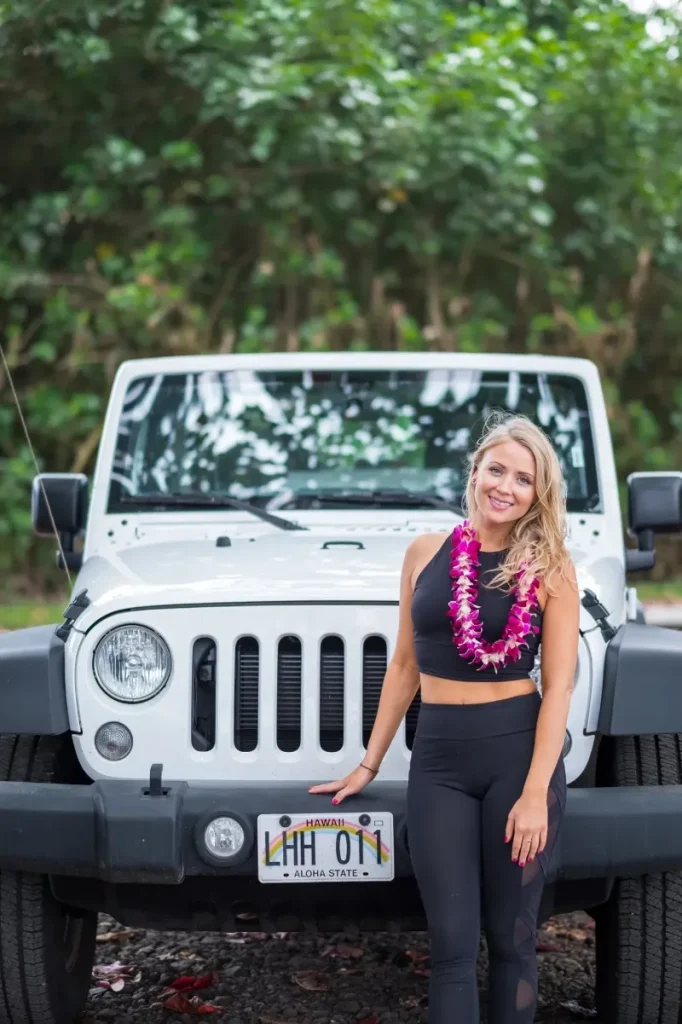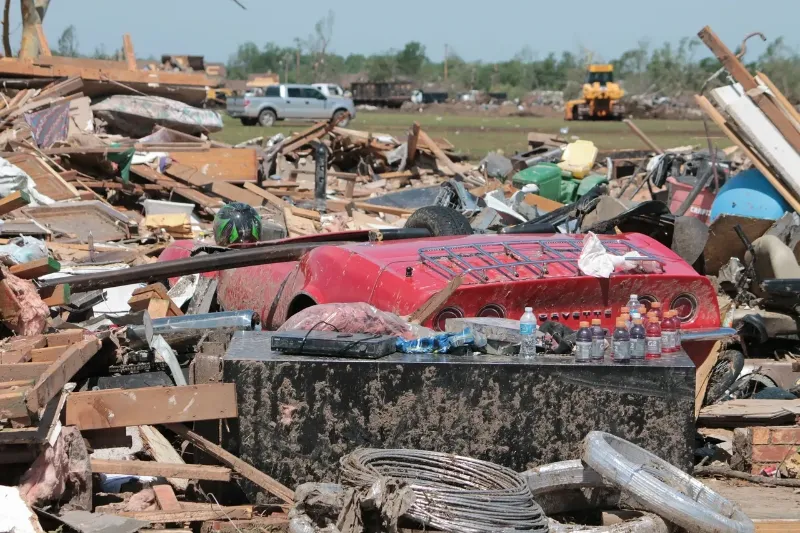Unfortunately, there are several reasons that insurance carriers can deny coverage on a car wreck claim. The most important thing to know, when it comes to a coverage denial, is that it is all about what your (or the applicable) automobile policy says. What do the clauses in the policy say about what kind of acts are covered (or excluded)? What do the clauses in the policy say about what people are covered (or excluded)? Below is a detailed discussion of some of the most common reasons for coverage denial. Again, the most important point of this article is to read and know your automobile policy!
1. Failure to Timely Report

There are automobile liability policies drafted with clauses requiring timely reporting of a claim. This means that, even if the accident is not your fault, if you have a clause like this in your policy, you must report the accident. It could also mean, if you are hit by someone with this clause in their policy, they must timely report the accident. This is why it is VERY important, to call the police (as this is probably a clause in your policy, as well), to make sure, at a minimum, a change of insurance information occurs, so you can get the insurance for the other person and report the accident to the liability carrier, for the other driver, yourself, if necessary, to beat a denial of coverage claim, due to failure to timely report.
2. Failure to Timely Add Vehicle to Policy

Denial of coverage for failure to add a vehicle to a policy is one of the more common reasons for denial. You will want to read your policy, very closely, before you buy a new car, to see how long you can drive around the car, and it is covered by the policy you currently have in effect. Some policies only allow for 3 days of coverage, without the vehicle being added to the policy. If you buy a new car on Friday afternoon after your insurance agent shuts down, and you drive around in the car, through Monday when you get in a wreck, but before you add it to your policy, depending on the vehicle addition clause in your policy, you, and the person you hit, might not have any coverage, leaving YOU with a brand new car payment and no car and if the other person is hurt, a potential lawsuit, against you, because there is no liability insurance to cover their property damage or bodily injuries. I will probably say this at least 10 times, throughout this article, READ YOUR POLICY!!!
3. Act of God

An act of God or an act of nature (sometimes called this as well) is something that causes damage to a vehicle in a manner that can not be created by a person. Some examples of acts of god or nature are hurricanes, tornadoes, tsunamis, hail, and flooding. As you can imagine, in certain areas of the world, each of the acts of God is a common occurrence. As we all know, over half of Texas falls in Tornado Alley; the Gulf Coast is pounded by hurricanes, on a fairly regular basis. If insureds, in these areas, do not read their policies and make sure their vehicles are covered, if they are damaged by acts of God, they are doing themselves a real disservice. Sadly, sometimes, new insureds, especially first-time drivers or people who have never bought an insurance policy before, do not know to ask and make sure their policy covers more than just liability. Most people hear “full coverage” and think they are just that, fully covered, but actually, all they have is liability and comprehensive; comprehensive is not always as “comprehensive” as you think, depending on how your policy is drafted.
4. Driver Was Excluded
This is probably the most common reason that I have seen coverage denied, in the 20 years that I have been working with car accident victims. There are usually two different types of exclusions that I see, specific exclusions and age/gender exclusions. Exclusions allow insureds to decrease the cost of their monthly premium, but they also decrease the value of the policy. If a parent, specifically excludes their 20-year-old son, John Smith, because he has 18 speeding tickets, but then that same parent lets John Smith drive their car and he gets in a wreck, the parent’s auto insurance, because of the exclusion, will not cover the injured party. Same scenario, but the parents do not specifically exclude John, but male drivers, under 25 have the same result. This is one of the most unfair insurance tactics that I have seen. It makes no sense to me and there are organizations, in our state, working to fight and hopefully, correct, these types of injustices.
5. Intentional Acts
This has been one of the most interesting aspects of coverage denial or acceptance, in the time that I have been working with car accident victims, that I have dealt with. I have seen the insurance company come down on both sides of the coin. Typically, liability policies are drafted to cover “accidents”, not actions that the insured took on purpose. This one seems like it would be simple, but it is not always that simple. One reason, especially if criminal charges are involved, is that it is rare that someone will admit to doing something on purpose, in a civil matter, because that could be used against them in their criminal case. I once handled a case, where my client was at the end of a high-speed chase. She was a passenger, in her best friend’s car, when he was running from a violent man. They were forced into a dead end and the other driver crashed into the car, in which my client was a passenger, repeatedly. If this was not on purpose, then I do not know what is. Because of several mitigating factors, like a driver who fled the country and VERY significant damages, the insurance company chose to cover the claim.
These are not the only reasons for coverage denial, of an automobile accident claim, but they are some common ones. As I said before, several times, the best way to protect yourself and other drivers on the road, against denial of a claim against you, is to know what your policy says. If you do not understand your policy, talk to your agent; ask your agent to go over each clause that you do not understand. Ask your agent to explain to you what type of coverage you have and if there are instances where the policy you have does not cover you.
Stay safe!

